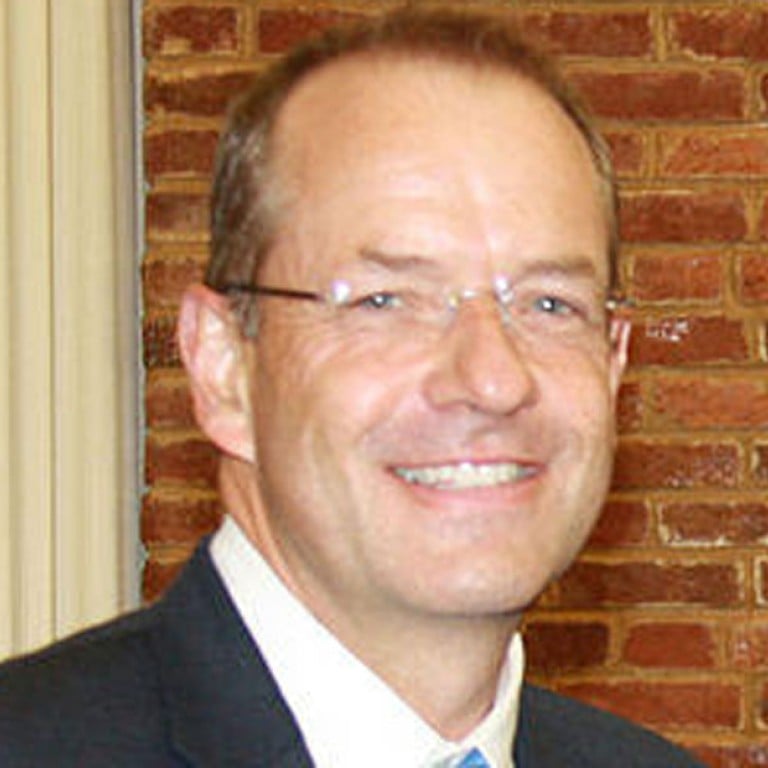
GlaxoSmithKline boss places blame for bribery case on senior Chinese executives
Andrew Witty, the chief executive of Britain's biggest drug company, GlaxoSmithKline (GSK), said yesterday that much of the blame for the investigation of his company on the mainland appeared to rest on senior Chinese executives.
"We have been told by the Chinese authorities that it appears certain senior Chinese executives [of GSK] appear to have broken Chinese laws and defrauded the company and the Chinese health-care system," Witty told a press conference in London. "This appears to involve individuals working outside GSK's controls and acting inappropriately in the market."
No allegations had been made against GSK China chief Mark Reilly or head of China finance Steve Nechelput, both Britons, he said.
Reilly is not in China, while Nechelput is on the mainland and has been barred from leaving by the authorities.
Four senior Chinese executives of GSK have been detained on the mainland: vice-president and business operations general manager Liang Hong , vice-president and human resources supervisor Zhang Guowei , legal affairs supervisor Zhao Hongyan and business development general manager Huang Hong .
Mainland authorities allege that GSK used travel agencies to funnel nearly three billion yuan (HK$3.8 billion) in kickbacks to doctors, hospitals and other groups and that unnamed GSK managers took bribes from travel agencies, including sexual favours from prostitutes.
Witty said: "They are shameful allegations. If they are true, that is very disappointing.
"We have more than 100,000 employees. I'm strongly of the view that 99.99 per cent of the people in our organisation are operating by the rules this company stands by."
We have more than 100,000 employees. I'm strongly of the view that 99.99 per cent of the people in our organisation are operating by the rules this company stands by
GSK would commission an independent investigation into the China scandal engulfing the company, he said, adding: "We are absolutely committed to getting to the bottom of what is going on."
GSK had also been in contact with regulators in Britain and the United States, Witty said.
As a company listed in both New York and London, GSK could be charged under the US Foreign Corrupt Practices Act and Britain's Bribery Act if its executives were found guilty of bribery on the mainland.
"We remain committed to China. We continue to see the country as a place for investment," Witty said, adding that it was also committed to making its prices affordable on the mainland.
In an English-language commentary on its website yesterday, state-controlled Xinhua said it would "not be surprising if more pharmaceutical companies and hospitals, domestic or international, are involved in probes in the days to come".
Three Chinese employees of another international drug firm, AstraZeneca, had been questioned by mainland police, a spokeswoman for the Anglo-Swedish giant confirmed yesterday.
On July 19, AstraZeneca's Shanghai office was visited by Public Security Bureau officers regarding "a local police matter focused on one sales representative" who had been taken away for questioning, it said.
On Tuesday, officers asked to speak to two AstraZeneca managers with whom the sales representative had worked. One of them was continuing to assist with their inquiries, it added.

